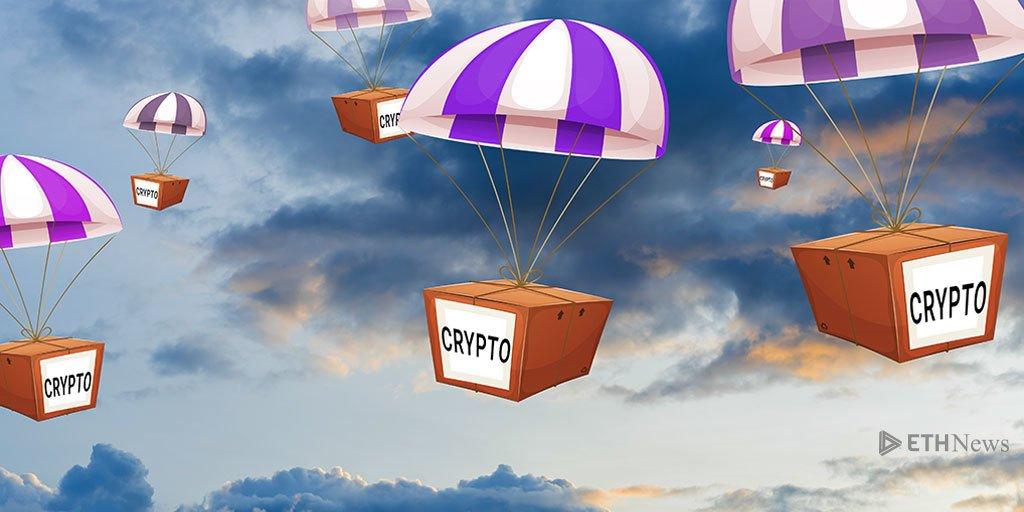
Security Tokens As Airdrops?
Giving away tokens for free – which is called an airdrop – has gained popularity. It means the company isn’t raising capital by doing the ICO, but rather wants to build the community and get more users for the product/service they’re offering. Basically, it’s an effective marketing exercise.
Yet, if the token has features of a security, then a whole new questions arises – is it considered to be a public offering and is the prospectus required.
ESMA – European Securities and Markets Authority has a Q&A document which addresses this question. They seem to suggest that if the token is issued free of charge, then no prospectus is required, however, looking deeper into their reasoning, then we can see that their position is nuanced and is not a one-size-fits-all statement.
Here’s the conclusion how the Commission Services reasoned their position:
If the issuance of free security tokens do not provide an element of choice for the recipient of the tokens, then there is no offer of securities (security tokens) to the public for the purposes of the Prospectus Directive.
If the recipient has a choice whether to accept the tokens or not, then this offering is deemed to be an offering for zero consideration, which is a public offering, but should fall under the financial exemptions. In Estonia, the amount that can be raised via public offering of securities without registering a prospectus is 2 500 000€ (Member States can choose to exempt offers between 1m – 8m euros).
On the face of it, the ESMA has reached to a conclusion that no prospectus has to be registered if an airdrop of the security tokens is done.
Yet, it’s not always the case. For example, an airdrop can not be considered as a separate offering from related token sale, if the offering is done within a 12-month period. If there are multiple offerings within a 12 month period, and the total consideration exceeds 2,5m €, then it’s possible that prospectus may be required.
Finally – there’s also something that’s called a “hidden consideration”. It means that offer of free securities may disguise a hidden consideration. This can be any kind of benefit or value that the company extracts from the offering. The benefit may not be very tangible, so it can be very difficult to actually measure it. Yet, with some referral schemas where bringing on new users is a basis for receiving the tokens, it could be, in theory, be done.
To conclude, it’s a good chance that you will not need a prospectus while doing an airdrop, but each project needs a separate analysis, as the regulations are extremely nuanced. Additionally, even if you do not need to comply with the Prospectus Directive, there’s a chance that you will need to comply with other financial regulations if you’re doing any kind of regulated investment activities – providing investment services, brokering, dealing, placing or advising on financial instruments.
If you’re planning to launch your STO in Europe and need help with structuring the offer, our experts are ready to run you through an initial consultation.